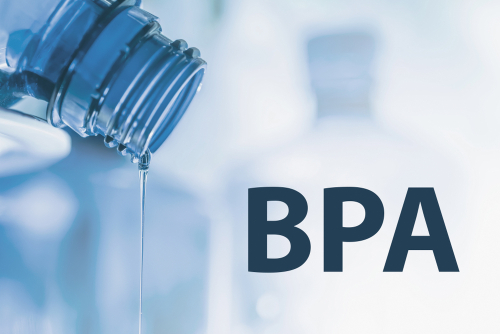
A new study shows that exposure to bisphenol A (BPA)—an industrial chemical used to make polycarbonate plastic and epoxy resin—may increase the risk of developing type 2 diabetes (T2D). The findings were presented as an Oral Presentation, Presidents’ Select Abstract, as well as a Symposium at the 84th Scientific Sessions of the American Diabetes Association in Orlando, Florida.
Polycarbonate plastics are hard, clear plastics used to make products like baby bottles, food containers, pitchers, and tableware. BPA is known as an endocrine-disrupting chemical that may be linked to a higher risk of T2D; however, to date, no study has assessed the direct connection between BPA and T2D risk in adults.
In this double-blind study, 40 healthy, nonactive adults (22 women, 18 men; average age, 21 years; average body mass index [BMI], 22.1; 85% Non-Hispanic White) completed a 2-day low-BPA diet, during which urine, blood, and peripheral insulin sensitivity were measured using a 120-minute euglycemic hyperinsulinemic clamp. Subsequently, patients in the population of interest were randomly assigned in a double-blind fashion to a 4-day diet with either oral BPA at US EPA-safe levels (50 μg/kg; BPA-50) or a placebo. Study outcomes were reassessed using repeated measures ANOVA, adjusting for sex, BMI, physical activity, and ethnicity.
From baseline to 4 days, the researchers observed that peripheral insulin sensitivity significantly decreased (P=.01) in BPA-50 (0.11 ± 0.01, 0.10 ± 0.01 mg/kg/min/uU/ml) and remained stable in PL (0.09 ± 0.01, 0.10 ± 0.01 mg/kg/min/uU/ml).
“Given that diabetes is a leading cause of death in the United States, it is crucial to understand even the smallest factors that contribute to the disease,” said Todd Hagobian, PhD, author of study, via a press release. “We were surprised to see that reducing BPA exposure, such as using stainless steel or glass bottles and BPA-free cans, may lower diabetes risk. These results suggest that maybe the US EPA-safe dose should be reconsidered and that health care providers could suggest these changes to patients.”

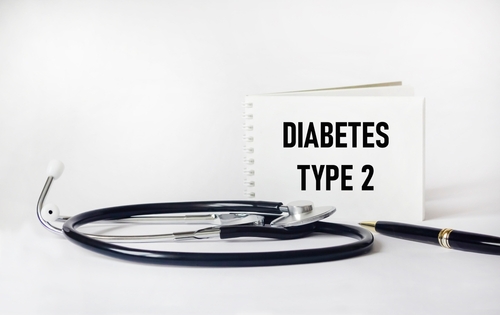

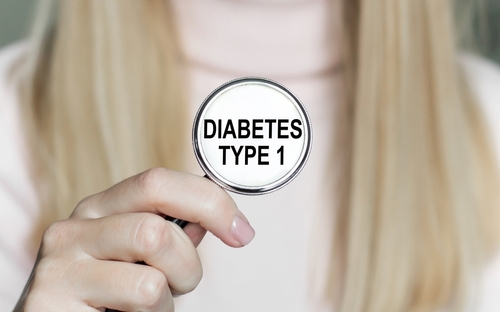
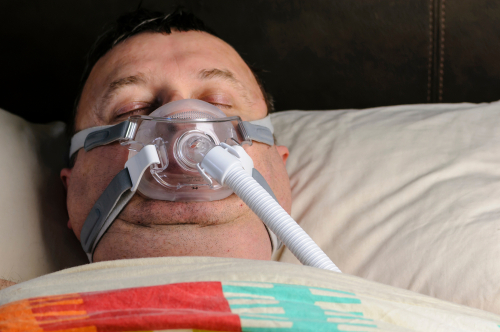
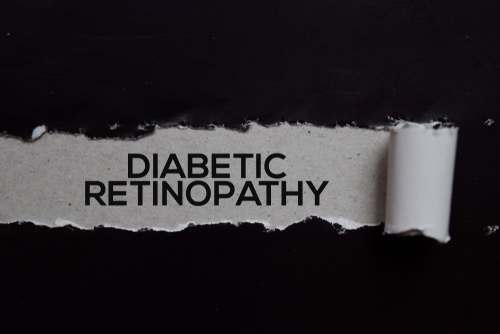

 © 2025 Mashup Media, LLC, a Formedics Property. All Rights Reserved.
© 2025 Mashup Media, LLC, a Formedics Property. All Rights Reserved.